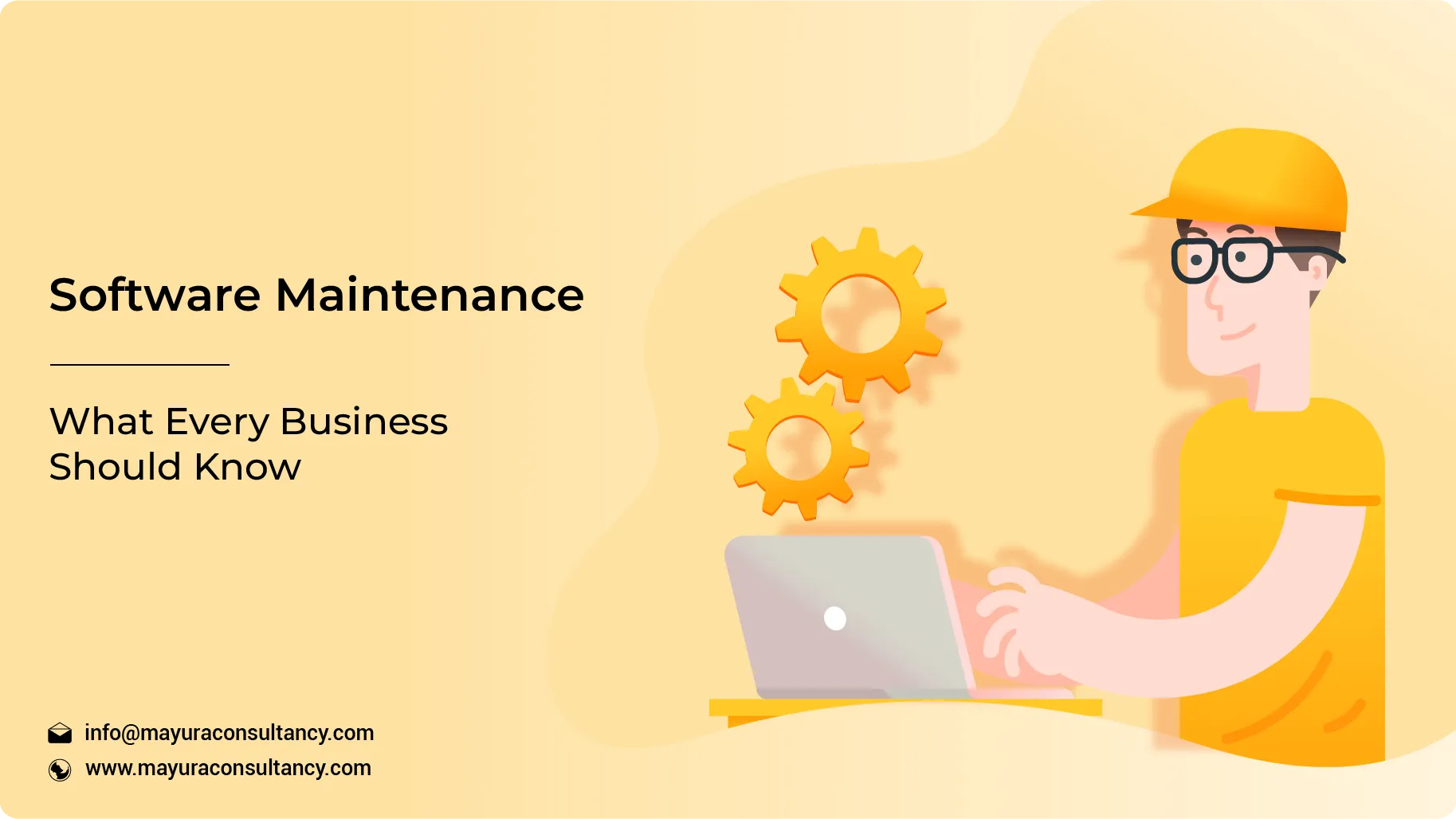Does your chatbot understand your customers as a human customer service agent does? If not, your business might lag in the competition. The reason is chatbots are no longer about providing answers to some predefined questions, rather they need to understand customers' intent and emotions.
In 2025, chatbots are evolving to offer deeper insights and personalized experiences that define how businesses interact with customers. So, what are the latest chatbot trends businesses should watch in 2025? Let's find out.
This Article Contains:
Top 11 Chatbot Trends to Watch in 2025
The global chatbot market is expected to grow from USD 7.01 billion in 2024 to USD 20.81 billion by 2029. This growth is driven by emerging chatbot trends such as AI-driven personalization, voice-enabled assistants, seamless payment integrations, and more. Here are the chatbot future trends to watch in 2025.
1. Chatbots Mimicking Human Interaction
The days of robotic, script-based responses are gone. In 2025, chat responses need to sound more human than ever.
The reason?
Your customers want their queries to be addressed properly. They don't like to get robotic responses without understanding the context and their intent. So, how do you ensure your chatbot interacts like a human being?
Thanks to technologies like Natural Language Processing (NLP) and sentiment analysis, AI-powered chatbots can now understand tone and intent and adjust their responses accordingly.
Imagine your chatbot not only understands customers' words but also understands their emotions and offers proactive solutions. Won't it be a game changer for customer service and sales executives?
2. Voice-Activated Chatbots on the Rise
Text-based chatbots are great, but voice-based AI assistants are gaining traction due to the convenience they offer.
Think about it: Why type when you can simply speak?
As smart assistants like Siri, Alexa, and Google Assistant become household names, businesses have recognized the power of voice-driven interactions. In 2025, more chatbots will integrate voice capabilities, enabling hands-free, real-time assistance. Whether making a reservation, troubleshooting an issue, or placing an order, voice-enabled chatbots will make interactions even more seamless.
Recognizing these benefits, enterprises are increasingly integrating AI voice assistants. According to a Global Growth Insights report, over 70% of enterprises have adopted AI-driven voice assistants for customer service, reducing operational costs by about 20%.
With the increase of voice commerce and accessibility-driven design, voice-activated chatbots will emerge as chatbot future trends and a must-have for businesses looking to stay ahead.
3. Chatbots Integrating Predictive Capabilities
Chatbots are no longer just reactive-they are becoming proactive. You might be wondering how!
By leveraging predictive analytics, AI chatbots can anticipate customer needs and offer tailored recommendations.
Suppose you are trying to shop in an online store. How would you feel when a chatbot reminds you to reorder a product based on past purchases or suggests services based on browsing behavior?
Isn't this the kind of experience you want to provide your customers?
This level of personalization is not just convenient-it is transformative.
Businesses looking for ecommerce website development must integrate predictive chatbots for creating hyper-personalized customer journeys. This will result in better engagement and higher conversion rates.
4. Chatbots Driving Enhanced Personalization
Why is personalized experience so critical for businesses?
According to a Forbes report on the personalized customer experience, 81% of customers prefer companies that offer a personalized experience.
With AI-powered chatbots, businesses can analyze customer behavior, preferences, past purchases, and interactions to deliver tailored recommendations, whether in ecommerce, customer support, or even eLearning.
Let's take the example of online education. AI chatbot integration in eLearning software development allows educators to assess learners' progress, suggest relevant courses, and adapt teaching methods based on individual learning styles. Chatbots can also provide real-time explanations or suggest additional resources.
As businesses focus on personalization, AI chatbots will play a key role in creating intelligent, user-centric experiences across industries, and this will continue to be chatbot trends in 2025 and beyond.
5. Shopping and Payment via Chatbots Expanding
Are you aware that chatbots are no longer just answering FAQs; they are becoming full-fledged shopping assistants?
Customers want seamless shopping experiences, and chatbots make that happen. In 2025, more businesses will offer purchases using chat tools, eliminating the need for customers to browse multiple pages.
With this feature, a potential buyer can just type in, "I need a pair of sports shoes," and get personalized options instantly. Not only this, chatbots offer frictionless checkout, allowing customers to complete transactions on the chat itself.
6. AI-Driven Chatbots Delivering Real-Time Insights
Data is powerful, but only when you can transform it into actionable insights!
Extracting hidden trends and insights from data is challenging because it requires expertise in data science and analysis, and most startups and small businesses cannot afford it.
AI-powered chatbots leverage machine learning to analyze data in real-time and deliver instant insights. Whether monitoring website behavior, tracking user sentiment, or identifying buying patterns, chatbots will help businesses make data-driven decisions quickly.
For example, a chatbot could alert a sales team about a high-intent lead in real-time or flag a potential churn. These insights help businesses improve marketing, sales, and customer service, ultimately enhancing customer satisfaction and generating more revenue.
Moreover, chatbots can convert data into powerful visuals like pie charts and graphs, allowing users to get key insights quickly.
7. Chatbots Enhancing Customer Retention
Attracting new customers is great, but retaining them over a period is better, isn't it?
Keeping your existing customers ensures a steady revenue, but many businesses struggle to do that.
In 2025 and beyond, chatbots will play a crucial role in customer retention. These advanced interactive tools provide personalized recommendations, do follow-ups, and provide instant issue resolution, keeping customers engaged and satisfied.
An AI chat tool can follow up after a purchase, suggest complementary products, or offer loyalty rewards, helping brands boost customer satisfaction and build loyalty.
8. Chatbots Transforming Social Media Engagement
Social media is no longer just for connecting with friends or watching videos, but it has become a powerful platform for businesses to engage, interact, and convert visitors into customers. But, responding to user comments, messages, and interactions in real-time is not easy.
So, how can businesses address this?
AI-based chatbots can take social media engagement to the next level. They can answer customer queries, process orders, and offer post-sale support 24/7 across all digital touchpoints.
Consider the situation when a potential customer asks about the availability of a product in a Facebook DM. Within a few seconds, a chatbot provides real-time stock updates and a direct purchase link. This kind of instant interaction boosts engagement, enhances customer satisfaction, and drives conversions.
9. Application of Chatbots for Upselling and Cross-Selling
Among the top chatbot trends of 2025, another noticeable development is chatbots improving cross-selling and upselling opportunities.
Smart AI chatbots increase average order value by offering personalized cross-selling in real-time. By analyzing customer behavior and preferences, chatbots can suggest relevant add-ons, bundle deals, or premium upgrades at the right moment.
For instance, a customer is looking to buy a laptop online. A chatbot could recommend a compatible mouse, extended warranty, or premium software package-all within the chat window.
Similarly, when a customer books a flight ticket, a chatbot might suggest hotel deals, car rentals, or travel insurance. These suggestions enhance the customer experience and boost revenue for businesses.
10. Chatbots Streamlining Internal Workflows
The key chatbot trends of 2025 include businesses using chatbots for internal communication. According to Zendesk, AI chatbot development can automate 73% of healthcare administrative tasks.
These modern tools are transforming the way businesses work and collaborate within organizations. From handling employee inquiries to automating repetitive tasks, AI chatbots are transforming business communication.
HR & Onboarding - Answering FAQs about policies, payroll, or leave requests.
IT Support - Troubleshooting common tech issues, resetting passwords, or managing tickets.
Project Management - Sending reminders, updating task statuses, and tracking deadlines.
Internal Knowledge Sharing - Providing instant access to company policies, reports, and best practices.
By integrating chatbots into daily workflows, companies can boost productivity, reduce response times, and optimize business processes while reducing operational costs.
11. Application of Chatbots in Recruitment is Growing
The implementation of AI Chatbots in talent acquisition has emerged as one of the top chatbot trends in 2025 and in the coming years.
Hiring the right talent has been challenging for businesses as it takes a lot of time and effort. But AI chatbots are making recruitment faster, smarter, and more efficient.
So, how does chatbots help?
Leveraging AI chatbots in recruitment can screen candidates, shortlist them, schedule interviews, and answer applicant queries in real-time. This frees up HR teams to focus on making complex hiring decisions.
Take the case of a job seeker submitting their application and instantly receiving personalized responses about the next steps or an HR manager getting AI-driven candidate recommendations based on job requirements. This level of automation reduces hiring time and improves the candidate experience.
What Does the Future of the Chatbot Industry Look Like?
The future of the chatbot industry looks bright as chatbots will become smarter with the integration of natural language processing, multimodal capabilities, and hyper-personalization. They will be more sophisticated, highly personalized, and capable of handling complex interactions.
Moreover, AI-driven chatbots will have more contextual awareness and emotional intelligence. They will be capable of identifying and responding to user emotions and aligning their tone and response accordingly.
Final Takeaway
Adopting the future chatbot trends is essential for businesses looking to build a high-quality chat tool. These trends empower chatbots to offer more human-like interactions, automate complex workflows, and integrate seamlessly with existing systems. It helps companies to stay competitive in the evolving.
At MCS, we specialize in chatbot development and integration, helping businesses build cutting-edge solutions that align with their goals. Partner with us to build an AI chatbot and transform your customer service.
Frequently Asked Questions
AI-powered chatbots can offer personalized product and service recommendations, predict customers' intent, and resolve issues quickly, resulting in enhanced customer satisfaction.
Generative AI is a subset of Artificial Intelligence that can create content like text, images, videos, and more. For example, ChatGPT is a generative AI tool. The difference between chatbot and ChatGPT lies in their functionality. Traditional chatbots follow scripted responses, while ChatGPT uses generative AI to create dynamic, context-based responses. You can integrate generative AI into chatbots using APIs.
Yes, you can integrate chatbots with other applications and tools like CRM, ERP, payment gateways, and more. This will allow chatbots to access and analyze data from these systems and provide more accurate responses to users.
Mayura Consultancy Services (MCS) is the best chatbot development company, with over a decade of experience developing chatbots for various industries.







Comments
Share Your Feedback
Your email address will not be published. Required fields are marked *